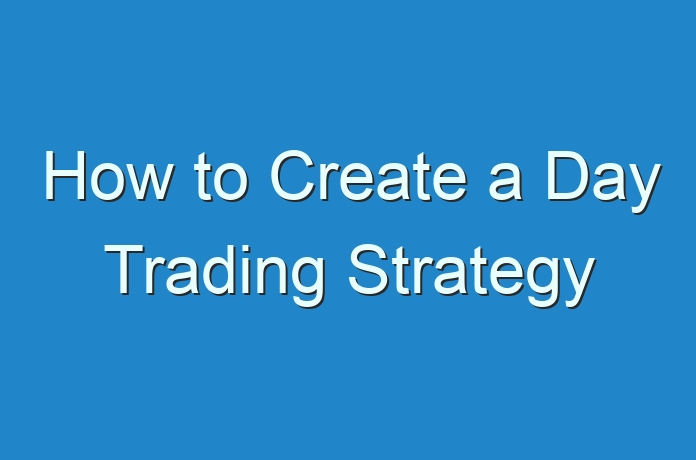
Deciding that you’re going to build an exciting new account for your retirement with a day trading portfolio isn’t a choice that anyone should make lightly. While it’s true that there are a lot of opportunities to unlock in the stock market if you have the right background, knowledge, and attitude, it takes a lot of time and effort to develop the necessary skill to earn. People don’t generally wake up one day and start making a fortune from their securities. Instead, they need to invest years of their life into creating the best possible strategy for them. The question for most people jumping into this industry isn’t whether they need a strategy, but how they begin to build that methodology without just copying what other people do.
Creating the Foundations of Your Method
What works for other people might not necessarily work for you. Because of this, it’s important not to just embrace another person’s strategy and forget about building something for yourself. You can go out into the market and check out what other people are doing for a little bit of inspiration. However, you should also be asking yourself questions about who you are and how you like to trade. For instance, ask yourself what would cause you to spend money on security. Would you be pushed to invest in a specific industry, or are you going to let the latest news guide you?
You also need a strategy for how you’re going to get out of your positions when your solutions begin to lose money. You might need to put orders in place that prevent you from allowing a loss to go too far. Another major point to consider is how much you can afford to risk on this new strategy. Although there are a lot of opportunities to make money here, you could also lose a great deal too if you’re not careful. Make sure that you take the time to think about how much you can reasonably spend without putting yourself and your family in danger.
Test Your Strategy
Once you have the basics of your strategy laid out, the next step is figuring out whether it’s going to work. Although you can’t know this for certain until you’ve started to place your money into the marketplace, you can take a more risk-free approach to testing your plan by signing up with a broker that offers demo trading or paper accounts. These small accounts allow you to experiment with your strategies by placing imaginary cash into specific pieces of stock.
You can then see how the market changes and grows based on your decision and decide whether you’re making the right choices based on what you learn. You won’t earn any money this way, but you also won’t lose anything when you’re determining whether a method is going to work for you or not. Some experts spend months working on demo accounts before they ever start using real money in the exchange. Why not give yourself the same opportunity?





